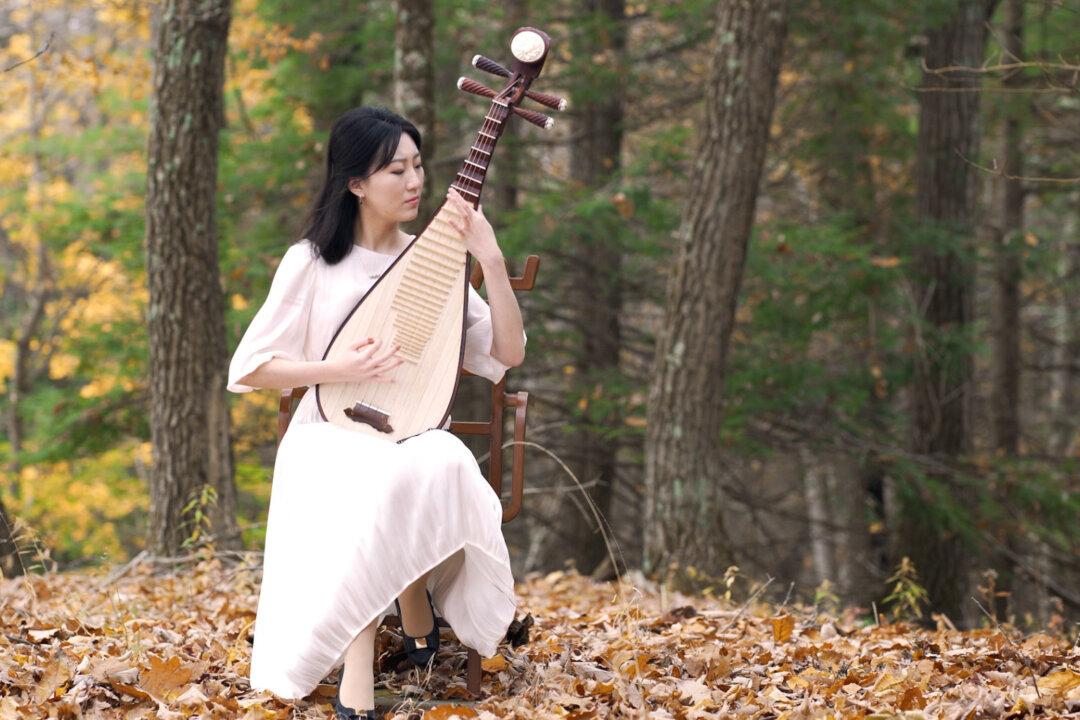Onstage, an emotional story set in mainland China was playing out through dance. A young couple who practiced the spiritual discipline Falun Dafa had just welcomed their first baby. It should have been a happy story, but soon the couple were kidnapped and tortured by regime authorities, and their newborn became an orphan.
As Liang, a virtuoso on the pipa, or the Chinese lute, sat in the orchestra pit, she would get chills as soon as the dance began.






